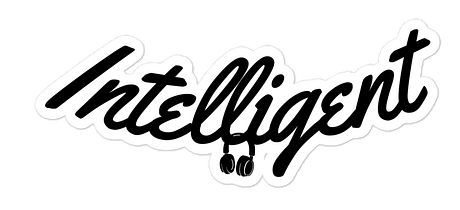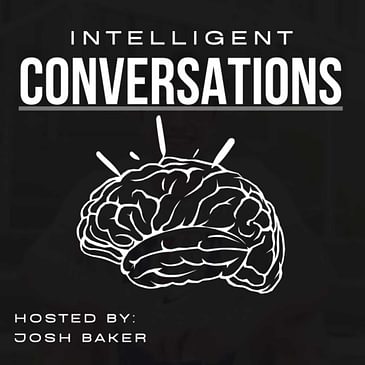Listen to Dominique Padurano (aka Dr P) share her experience in helping students prep for college. Dr. P is a Harvard graduate who went on to teach at many elite public and private schools. After some conflict, she decided to start Crimson Coaching, which helps individuals with the college application process. She helps students improve their SAT scores, essays and provides many more services to help students stand out in the college admissions process. Tune in now to learn more about Dominique Padurano!
Hosted By: Josh Baker
Guest(s): Dominique Padurano (Dr P)
You can follow Dr P on Facebook, Instagram, LinkedIn, or
X!
You can also learn more at
https://www.crimsoncoaching.com/ or subscribe on
Follow the Intelligent Conversations on Social Media to
stay updated!
Subscribe to Intelligent Conversations on Your Favorite
Place to Listen!

